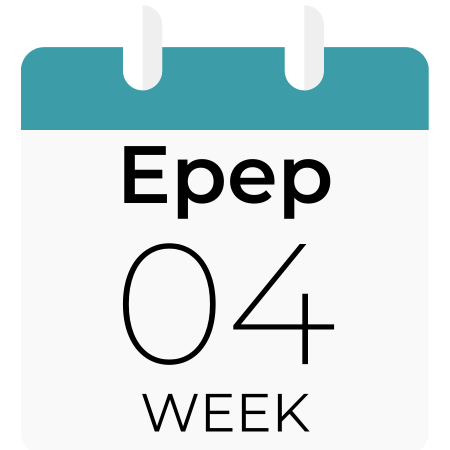On this Sunday (07/30/23), the fourth Sunday of Epep, the Church reads from John 11:1-45. This account of Christ resurrecting Lazarus contains powerful, theologically, and spiritually rich messages. However, let’s focus on the recurring theme of faith in all the readings the church prepares for us today. In the gospel passage from Vesper’s (Luke 7:1-10), we witness the healing of the centurion’s servant, accomplished through the centurion’s profound faith, as he humbly tells Jesus, “But say the word, and let my servant be healed.” (Lk 7:7). Similarly, in the Acts of the Apostles, we encounter a great multitude who, driven by their faith “came, confessing and divulging their practices” (Acts 19:18).
Now, let us delve into today’s liturgy gospel from John 11:1-45 and delve deep into the character of Martha, the sister of Lazarus. Her character offers us valuable insights into how we should model our faith. When we first encounter Martha, she eagerly goes out to meet Jesus upon hearing that He was approaching (Jn 11:20). This reminds us of the parable of the virgins in Matthew 25, where all the wise virgins rise and trim their lamps when they hear the cry, “Here is the bridegroom! Come out to meet him” (Mt 25:6). Martha’s promptness reflects the eagerness shown by the wise virgins to meet the Bridegroom. We, too, should also be ready and eager to meet Christ, whether in prayer, spiritual reading, service, or through partaking of the Eucharist.
Then, addressing Jesus, Martha expresses her belief that His presence could have prevented her brother’s death, saying, “Lord, if you had been here, my brother would not have died. But even now I know that whatever you ask from God, God will give you.” (Jn 11:21-22). St. Cyril of Alexandria comments that Martha did not yet understand that Jesus was God since “if she had known that He was God, she would not have said: ‘If You had been here’; for God is everywhere.” Despite our knowledge that Jesus is God, we, too, may occasionally underestimate God’s divine nature and providence.
Later, Martha firmly reaffirms her belief in Jesus as the Son of God, saying, “Yes, Lord; I believe that you are the Christ, the Son of God, who is coming into the world” (Jn 11:27). However, her wavering faith comes to light when Jesus asks her to remove the stone from Lazarus’ tomb, and she hesitates, stating, “Lord, by this time there will be an odor, for he has been dead four days.” In response, Christ reminds her, “Did I not tell you that if you believed you would see the glory of God?” (Jn 11:39-40). Martha’s wavering faith is significant when we consider that Lazarus’ resurrection marks the seventh sign in the Gospel of John, leaving her fully aware of Jesus’ divine capabilities before this miraculous event. Moreover, despite her recent confession of Christ’s identity, she appears to struggle with completely accepting that Jesus is the Son of God. Similarly, we often find ourselves double-minded and deprived of God’s grace. We often desire to embrace Christ while wrestling with the influence of our earthly thoughts despite having experienced God’s hand in our lives.
In addition to that, it’s important to highlight Christ’s response to Martha, as He says, “Did I not tell you…”, serves as a reflection of His profound love for her, demonstrating His desire to shield her from the spiritual affliction of double-mindedness. The afflictions of double-mindedness are also illuminated in James 1, when we read, “But let him ask in faith, with no doubting, for the one who doubts is like a wave of the sea that is driven and tossed by the wind. For that person must not suppose that he will receive anything from the Lord; he is a double-minded man, unstable in all his ways” (James 1:6-8). St Cyril reiterates this sentiment when he says, “double-mindedness is a great infirmity and deprives us of the gracious gifts of God.”
In conclusion, this Sunday’s gospel passage teaches us valuable lessons about faith—eagerly awaiting the Bridegroom, believing in God’s nature and will, and setting our minds on heavenly things (Colossians 3:1-4). Let us seek God with patience and endurance, and let us also eagerly await Him, always setting our minds on heavenly things.
Sources:
- Bible, English Standard Version
- Cyril of Alexandria, Commentary on John, LFC 43, 48 (1874/1885). Book 7. Vol. 2 pp. 92-137.

